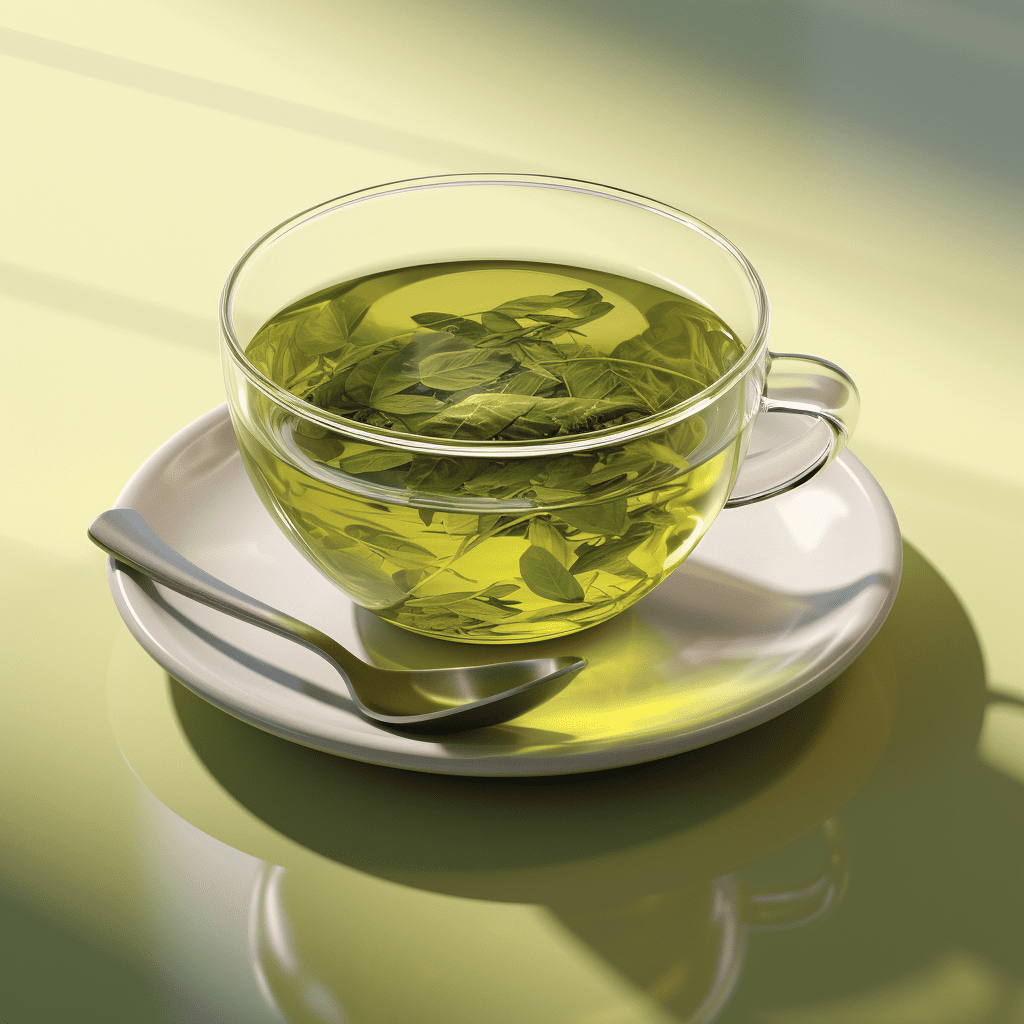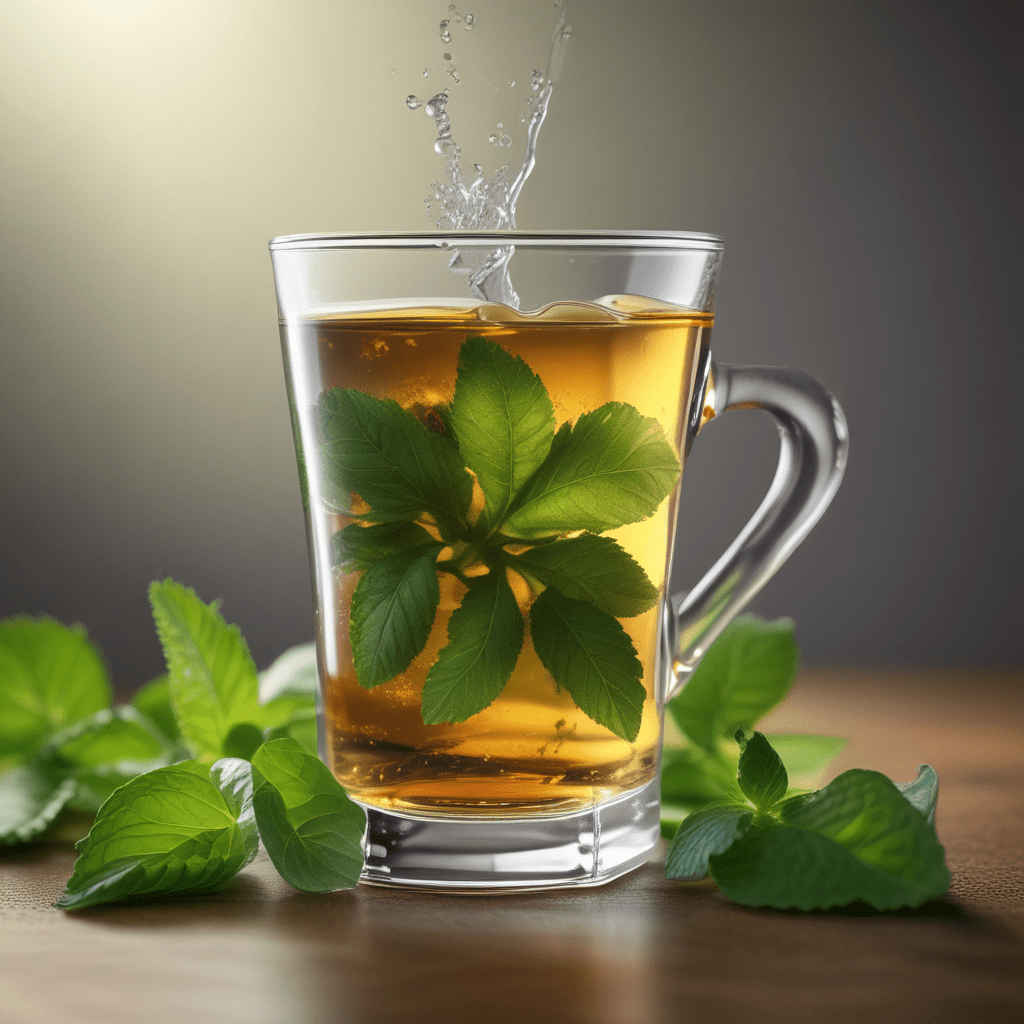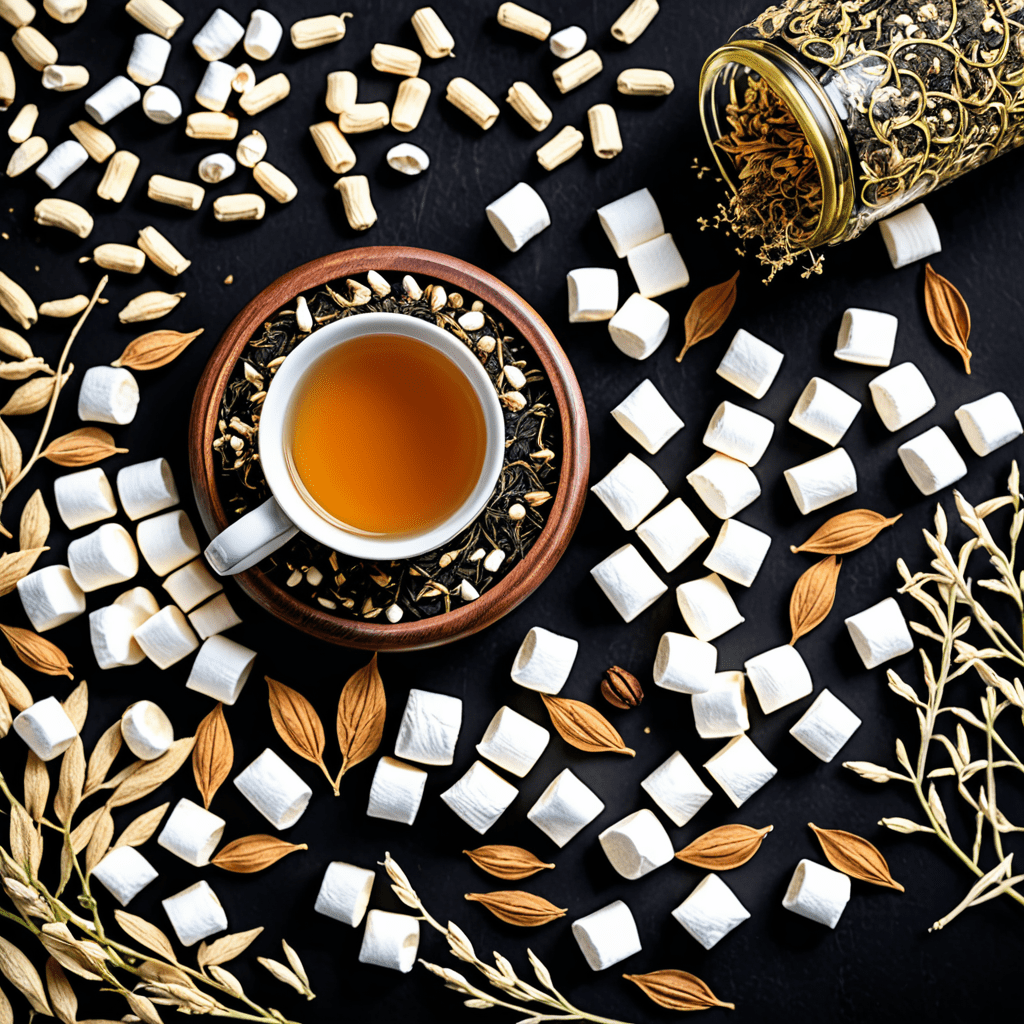
How Much Caffeine is in Lipton Diet Green Tea?
If you’re a fan of green tea and are watching your calorie intake, Lipton Diet Green Tea can be a refreshing and healthier choice. Green tea is known for various health benefits, including its antioxidant properties and potential to boost metabolism. However, for those sensitive to caffeine or trying to limit their intake, it’s important to know how much caffeine is present in Lipton Diet Green Tea. In this article, we’ll explore the caffeine content of Lipton Diet Green Tea and answer some frequently asked questions.
Understanding Caffeine Content
Caffeine is a natural stimulant found in various plants, including tea leaves. It is known for its ability to enhance mental alertness and temporarily ward off drowsiness. However, excessive caffeine consumption can lead to jitteriness, increased heart rate, and sleep disturbances. It’s important to be aware of the caffeine content in beverages to make informed choices, especially if you are sensitive to caffeine or have certain health conditions.
Caffeine in Lipton Diet Green Tea
Compared to traditional green tea, the caffeine content in Lipton Diet Green Tea is relatively low. This is because Lipton Diet Green Tea is made using decaffeinated green tea leaves, which undergo a process to remove a significant portion of the caffeine. While it still contains a minor amount of caffeine, it is significantly lower than regular green tea.
Average Caffeine Content
On average, an 8-ounce serving of Lipton Diet Green Tea contains approximately 4 to 7 milligrams of caffeine. This is considerably lower than a typical 8-ounce cup of regular green tea, which contains around 30 to 50 milligrams of caffeine. It’s important to note that these values are approximate and can vary depending on factors such as the brewing time and the specific batch of tea used.
Comparing to Other Beverages
To put the caffeine content of Lipton Diet Green Tea into perspective, here’s a comparison to other popular beverages:
- Coffee: A standard 8-ounce cup of brewed coffee usually contains between 95 to 165 milligrams of caffeine.
Black Tea: An 8-ounce cup of black tea typically contains around 25 to 48 milligrams of caffeine.
Energy Drinks: Energy drinks can have varying levels of caffeine, ranging from 50 to 300 milligrams per 8-ounce serving. It’s important to check the label for the exact caffeine content.
Frequently Asked Questions (FAQ)
1. Is Lipton Diet Green Tea completely caffeine-free?
No, Lipton Diet Green Tea is not completely caffeine-free. While it undergoes a decaffeination process, a small amount of caffeine still remains in the tea.
2. Is Lipton Diet Green Tea safe for individuals sensitive to caffeine?
Lipton Diet Green Tea is generally considered safe for individuals sensitive to caffeine due to its low caffeine content. However, it’s best to consult with a healthcare professional if you have specific concerns or health conditions.
3. Can I drink Lipton Diet Green Tea before bedtime?
Due to its low caffeine content, Lipton Diet Green Tea is unlikely to interfere with sleep when consumed in moderation. However, if you are particularly sensitive to caffeine, it’s advisable to avoid drinking it close to bedtime.
4. Are there any additional health benefits of Lipton Diet Green Tea?
Lipton Diet Green Tea provides the same health benefits as regular green tea, such as antioxidant properties and potential metabolism boosting effects. However, it’s important to note that Lipton Diet Green Tea also contains artificial sweeteners and should be consumed in moderation as part of a balanced diet.
5. How can I reduce the caffeine content of Lipton Diet Green Tea further?
If you wish to reduce the caffeine content even more, you can try steeping the tea bag for a shorter duration. The longer the brewing time, the higher the caffeine content. However, keep in mind that this may also affect the overall taste and flavor of the tea.
Final Thoughts
Lipton Diet Green Tea provides an appealing option for those looking to enjoy the benefits of green tea with a lower caffeine content. With only a fraction of the caffeine compared to regular green tea, it can be a suitable choice for individuals sensitive to caffeine or watching their caffeine intake. However, it’s important to remember that everyone’s sensitivity to caffeine can vary, so it’s a good idea to monitor your personal response and make adjustments accordingly.

